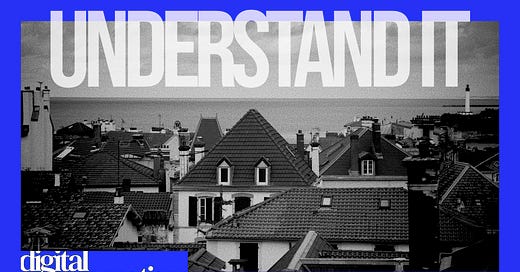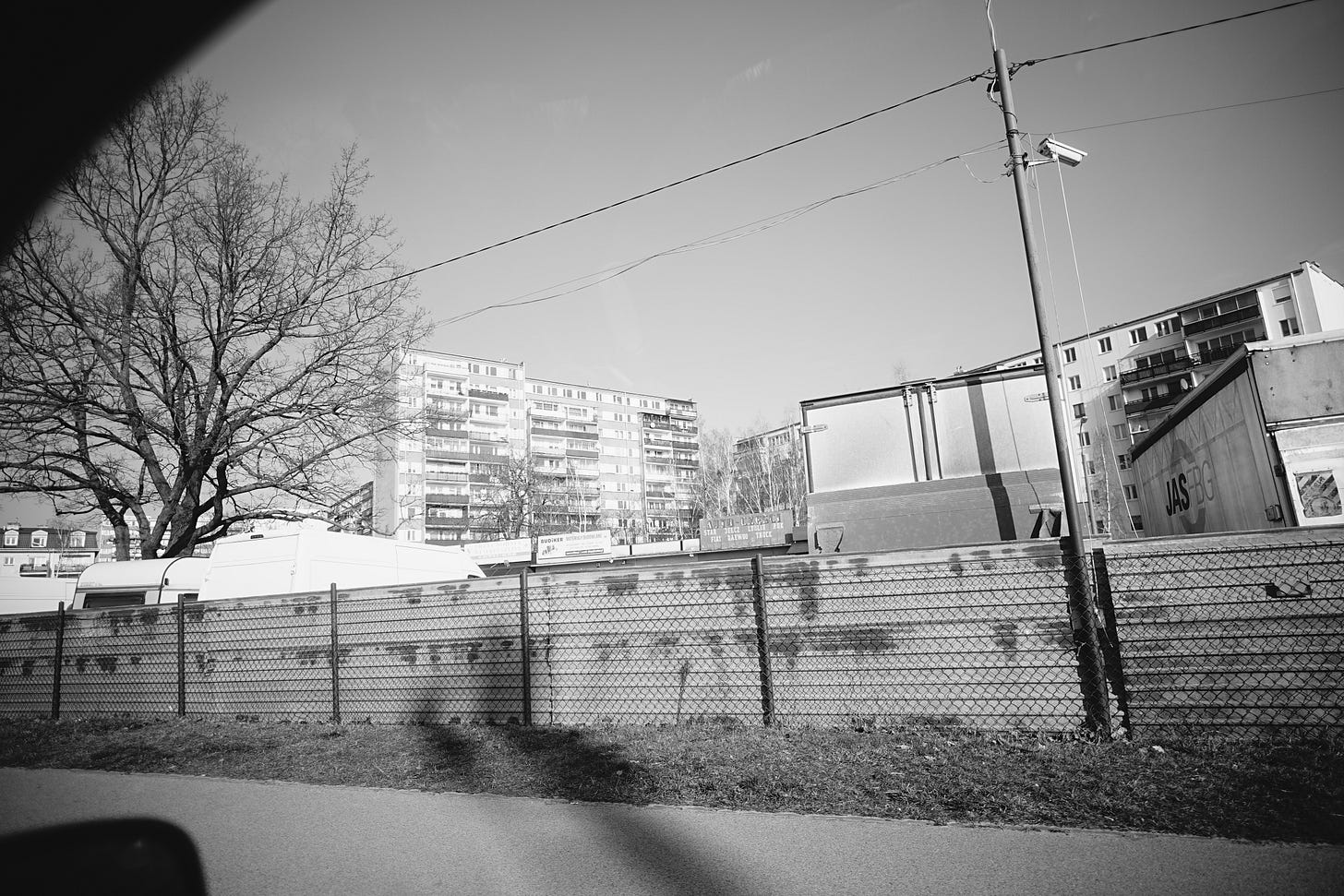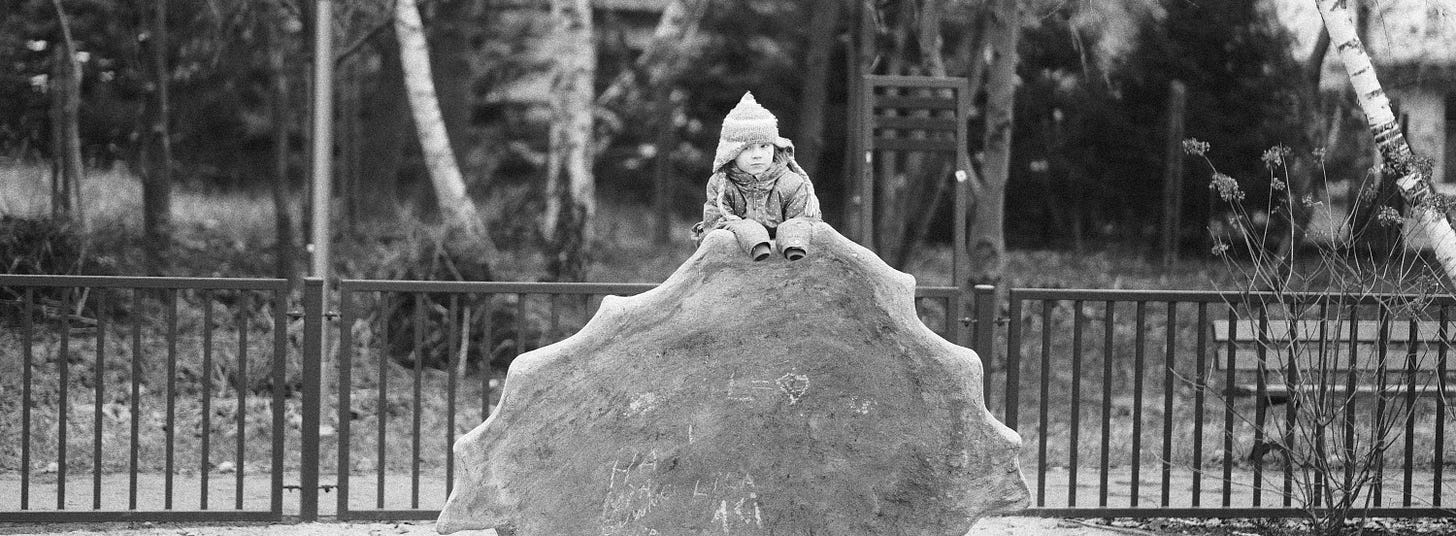Message
I've been thinking about procrastination lately, and I've come to a conclusion: we've been looking at it all wrong. While the productivity gurus preach that procrastination is the enemy, I've discovered it's actually a sophisticated feedback mechanism our brain uses to protect us.
When we procrastinate, it's not because we're lazy or unmotivated. Instead, our brain is sending us important signals about what doesn't align with our values or what might be harmful to us. It's like having an internal compass that points away from potentially dangerous or unfulfilling situations.
Think about it - when was the last time you procrastinated doing something you truly loved? Something that made you feel alive and purposeful? Probably never. That's because procrastination is selective, and that selectivity holds wisdom.
Depression
Just like depression can be a sign that something in our life needs changing, procrastination serves a similar purpose. When we're stuck in a soul-crushing job or surrounded by toxic people, our mental health suffers - and that's valuable information.
I've experienced this firsthand in corporate environments where micromanagement and lack of growth opportunities created a perfect storm for both depression and procrastination.
The key is learning to listen to these signals instead of fighting them. When we understand that our mental state is giving us feedback, we can use it as a tool for positive change.
Example
Let me share a personal story that perfectly illustrates this. I once worked with a management board where one member was particularly toxic - a classic narcissistic personality who turned every interaction into a battlefield of criticism and aggression.
Whenever I needed to send emails to the board, I found myself procrastinating. My brain recognized the pattern: every email would trigger an immediate aggressive response from this person. My procrastination wasn't laziness - it was self-preservation.
Contrast this with my morning runs. While I might not always feel motivated to run, I rarely procrastinate because my brain knows there's no real threat - just the opposite, there's a reward waiting on the other side.
What next?
Understanding procrastination as feedback has transformed how I approach tasks I'm avoiding. Instead of beating myself up, I now ask, "What is this procrastination trying to tell me?"
Sometimes the answer reveals that I'm pursuing something that doesn't align with my true goals. Other times, it highlights toxic situations I need to address or change. The key is treating procrastination as information rather than failure.
This shift in perspective has allowed me to make better decisions about where I invest my time and energy, and it's helped me identify situations that need changing rather than pushing through blindly.
The next time you find yourself procrastinating, pause and listen. What is your inner wisdom trying to tell you?














Share this post